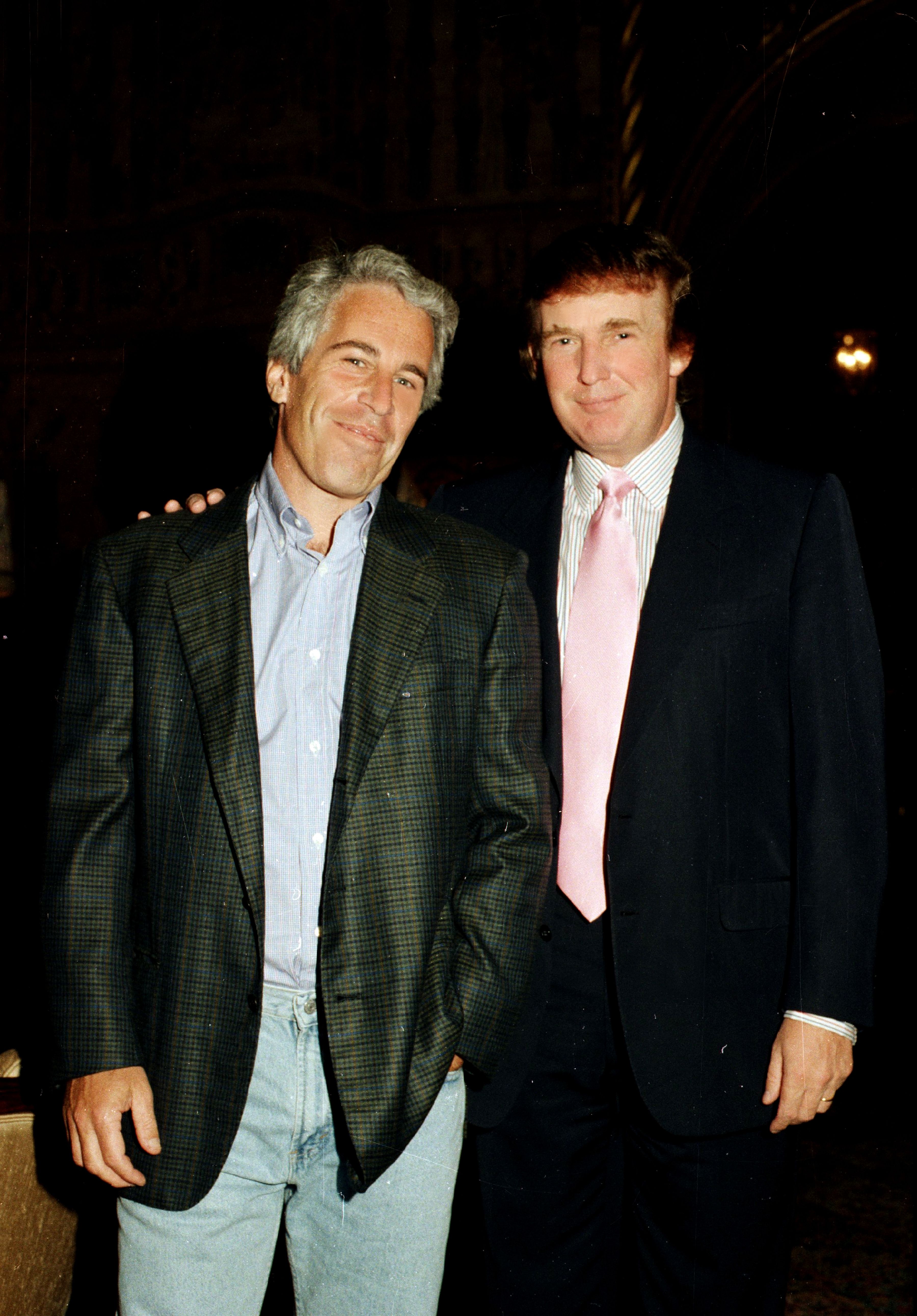Donald Trump Abruptly Reverses Course, Urges House Republicans to Vote for Release of Epstein Files After Months of Calling Effort a “Hoax”
After months of dismissing the push to release the Jeffrey Epstein files as a “Democrat hoax,” President Donald Trump abruptly shifted his stance on Sunday, Nov. 16, publicly calling on House Republicans to support the measure just days before the chamber is set to vote on it.
Posting on Truth Social, Trump wrote: “House Republicans should vote to release the Epstein files, because we have nothing to hide, and it’s time to move on from this Democrat Hoax.”
His reversal comes as the House of Representatives prepares for a long-anticipated vote that would require the Department of Justice to deliver additional evidence and documents related to Epstein, the disgraced financier and convicted sex offender.
From Campaign Promise to Sudden Reversal
During the 2024 presidential campaign, Trump repeatedly promised to fully declassify the Epstein files if elected. But by mid-2025, after investigators obtained emails in which Epstein referenced Trump by name, the president began labeling the entire effort a “hoax” and accusing Democrats of weaponizing the case.
The shift on Nov. 16 followed the release of more than 20,000 pages of documents by the House Oversight Committee, including emails from Epstein’s estate. Several of the messages referenced Trump directly.
Democrats on the committee published three emails on Nov. 12, including one in which Epstein claimed Trump “knew about the girls.” Other emails showed Epstein calling Trump “borderline insane,” speculating he may have “early dementia,” and describing him as “the worst person I know” and “dangerous.”
Just two days earlier, aboard Air Force One, Trump told reporters he “didn’t care” whether additional documents were released.
White House Pushback: “A Manufactured Storyline”
White House press secretary Karoline Leavitt blasted the document release as a politically motivated leak.
“The Democrats selectively leaked emails to the liberal media to create a fake narrative to smear President Trump,” Leavitt said in a statement. She added that Trump had expelled Epstein from his club decades earlier for inappropriate behavior toward female employees, including Virginia Giuffre.
Trump also insisted that the Justice Department had already released “tens of thousands of pages” of Epstein-related documents and was reviewing connections between Epstein and prominent Democrats such as Bill Clinton, Reid Hoffman, and Larry Summers.
“The House Oversight Committee can have whatever they are legally entitled to — I DON’T CARE!” Trump wrote.
Trump Calls for New Investigations Into Democrats
In a separate Truth Social post on Nov. 14, Trump announced that he would direct Attorney General Pam Bondi and the FBI to investigate Epstein’s ties to Clinton, Summers, Hoffman, and major financial institutions. Bondi responded on X within hours, promising the department would act with “urgency and integrity.”
Rifts Emerge Inside the GOP
Well before Trump’s reversal, several Republican lawmakers had already signaled their support for releasing the files. Among them was Rep. Marjorie Taylor Greene, once one of Trump’s closest political allies.
But on Nov. 15, Trump unexpectedly withdrew his support for Greene in a sharply worded statement. Greene fired back almost immediately, saying: “President Trump just attacked me and lied about me.”
A Pivotal Vote Ahead
The upcoming House vote was triggered by a bipartisan discharge petition led by Rep. Ro Khanna (D-CA) and Rep. Thomas Massie (R-KY). If passed, the bill would move to the Senate, where Republicans also hold a majority. However, no files can be fully released without Trump’s signature, according to NBC News.
Despite campaigning on transparency, Trump’s shifting explanations — from promising to release the files, to calling the effort a hoax, and now urging Republicans to support disclosure — continue to raise questions about whether his moves reflect strategy, pressure, or political necessity.
Leave a Reply